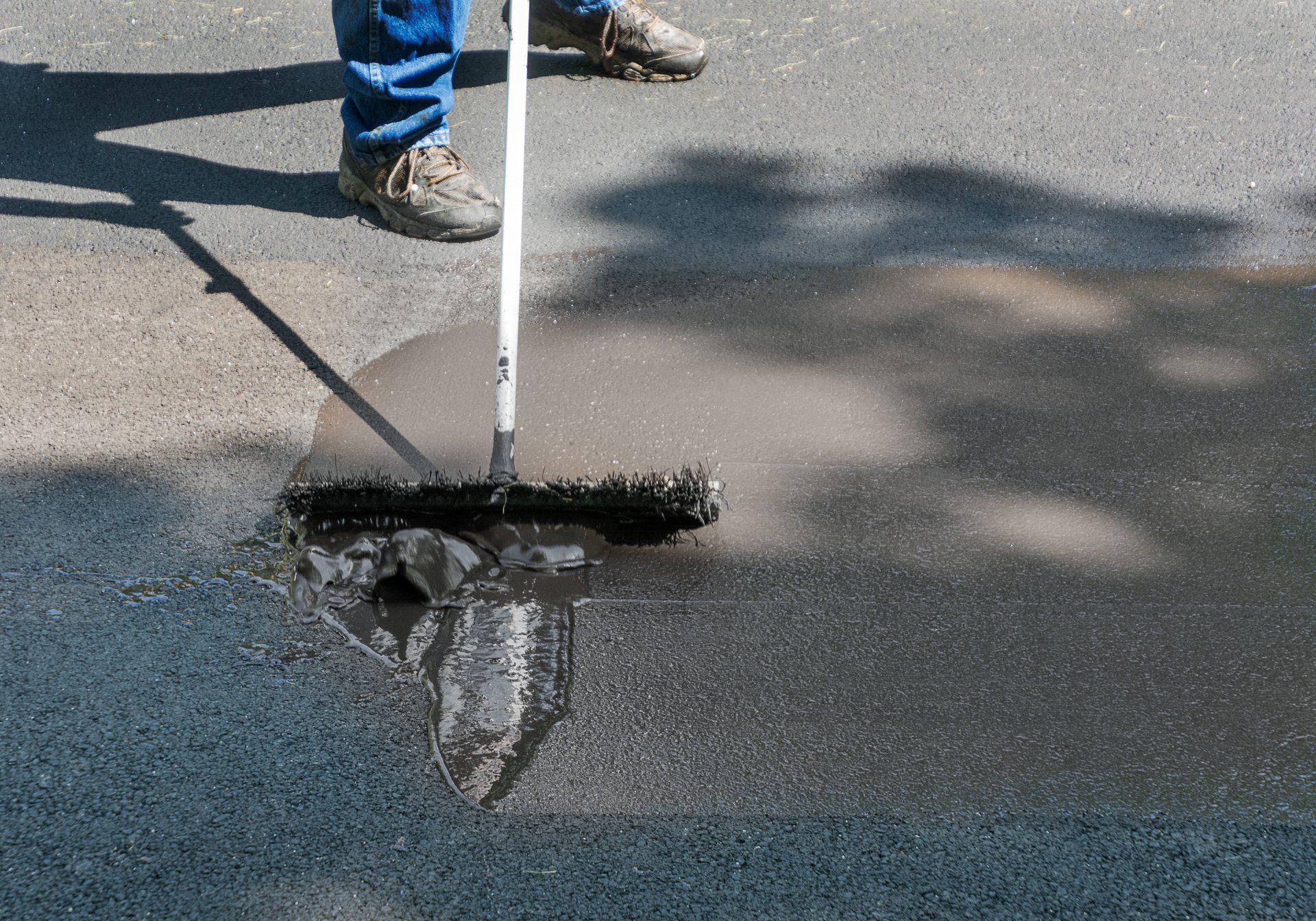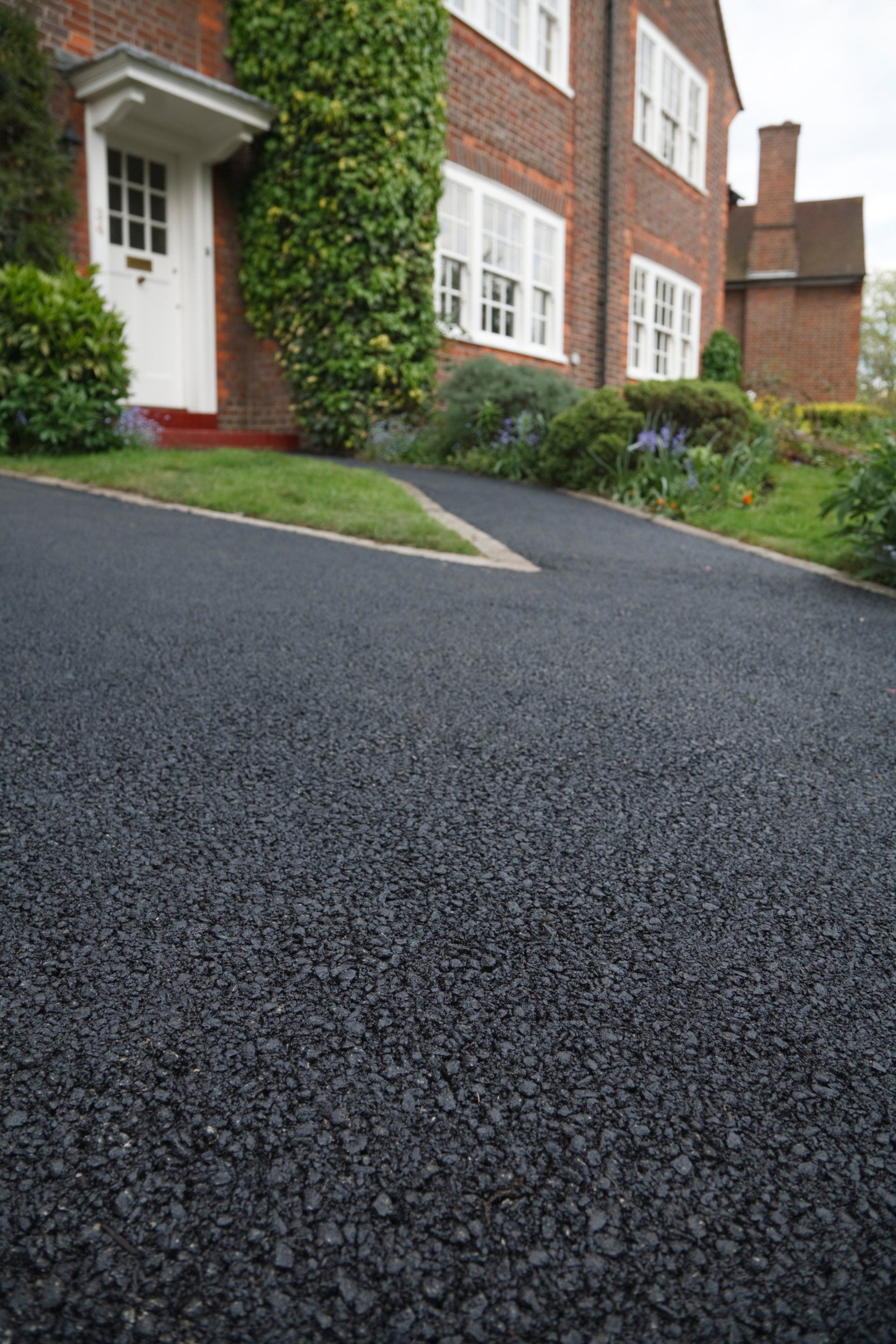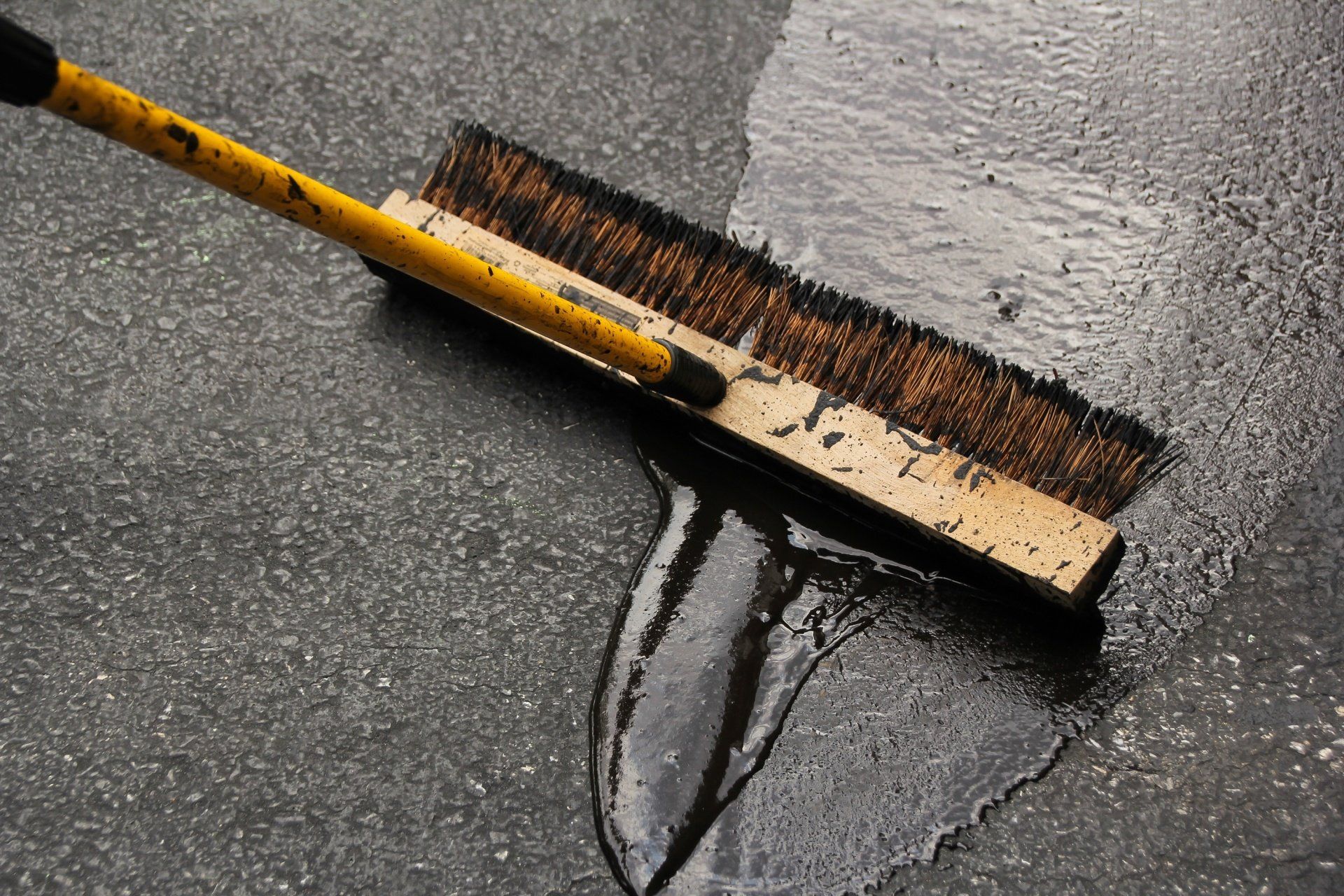How to Go About Your Next Paving Project

To start your paving project, you want to have a plan. Planning is what will ensure that your project will go smoothly. You should start by deciding what your paving project is going to be. This decision will help you research and carry out your project. This ensures your project will be exactly what you want.
Decide What You Want
Deciding what you want for your next paving project is an important first step. You need to decide what the space is being used for first. This will help when you decide how you will go about your project. You need to know the surrounding area and what will go around it. Depending on the look you want, you may want to go for pavers or concrete instead of asphalt. Next, you need to know how big you want the area. You should know if it will have something on it, like cars. The type of project will determine the materials and the cost. It will also be important for you to have all the information to discuss with a contractor, as the contractor will help you carry out your vision with their expertise.
Get Some Estimates
Your estimate needs to first include an inspection. This allows a contractor to survey the area to get an idea of how much it will cost. An inspection allows them to see if land needs to be leveled out, if there is paving that needs to be removed, and so on. The contractor should discuss the expectations for the job and make sure you understand the process. They will also discuss water drainage which affects the life of your paving. The contractor will recommend what materials should be used for the driveway, and many will offer you a free estimate.
How to Choose a Paving Contractor
As hinted earlier, your paving contractor is important in your next paving project. The contractor will ensure your paving project will be quality, so you shouldn’t choose a contractor based on the lowest bid but do your research and find out more about them. Go for quality over low price, while still staying in your budget. You need to research your contractor, so you don’t get stuck in a situation where costly repairs are brought to you after the project has already been started. Some key points to look for are reputation , licensing, insurance, previous projects, understanding the project, and understanding materials and specifics of a project.
Removing Old Paving Material
Old surfaces need to be removed before you can complete your new project. Any existing surface will need to be demolished first. This can be done by using machinery when necessary. The debris will then need to be removed to clear the area. Trash hoppers can be utilized to make this happen. Trash hoppers increase safety by removing debris from your home improvement site. Sometimes your old paving materials can even be recycled to use in future projects.
Material
When doing your paving project, you need to decide which material you want to use. No two projects are the same. One material may work for one project , and not another. Some typical materials are asphalt and concrete, but both have advantages and disadvantages. Asphalt doesn’t last the same way that concrete does. It is, however, less costly when it comes to maintaining and fixing. Concrete lasts significantly longer than asphalt, but it needs a full replacement if there is damage done.
Your contractor will know which material will work best for your project. They have the knowledge about the environment, water damage, and what the paving will be used for, so discuss with your contractor all the different options for materials so you can make the best choice.
Budget
For your paving project you should create a budget . This includes the cost for the materials and contractor. You should also think about your time and the contractor’s time. Make sure you find a contractor you know does good work in a timely manner, so you don’t pay for a drawn-out project. You should also budget for your maintenance. This is something that will help your paving project last longer, so you won’t have the cost of repairs or replacement. You should do regular sealcoating, street sweeping, and fill in cracks when they appear. You can include this is your yearly budget for home repairs and maintenance.
Weather
Paving projects are impacted by the temperature outside. The ground level and how much moisture there is are even more important than just air temperature. The ground needs to be warm enough to lay asphalt, and you don’t want rain on concrete. Asphalt needs to be at the right temperature so that the workers can properly smooth it. Rainwater can also cause asphalt to cool too quickly. When you are planning your project, take the weather into account so you don’t experience delays. This is especially important in places where there are changing seasons or lots of rain.
Invest in Maintenance
After your paving project is finished, you should invest in long-term maintenance so that your paving can last. You should reseal your pavement every three to five years. This can depend on where you live. Some climates are much harsher than others and this can affect your pavement. Your pavement may have heavy traffic, such as cars driving over it every day. If this is the case, you should reseal it more often than if the pavement is not used much. Resealing your pavement can prevent weathering, spills, and chemicals used for ice removal, which will help it maintain its life.
There are many steps to doing a paving project. You should always start by making sure you know exactly what you want. Research a good contractor who can help you pick materials and will be able to do exactly what you want. Make sure you set aside a budget for your project as well as plan for maintenance to keep your paving project looking nice as it can.
Read this next: Does Sealcoating Need A Lot of Maintenance?









